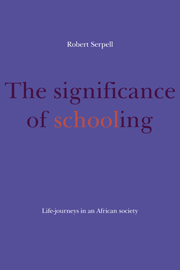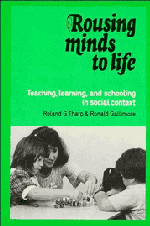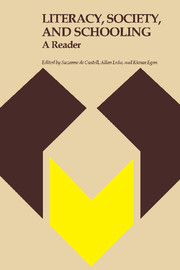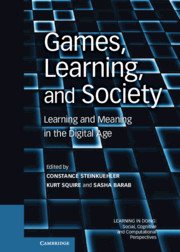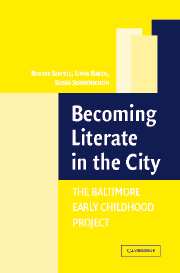The Significance of Schooling
Schooling in the modern world has a multiple agenda: the promotion of economic progress, the transmission of culture from generation to generation, and the cultivation of children's intellectual and moral development. Originally published in 1993, this book explores the difficulties of achieving a synthesis of these objectives, in a case study of a rural African community. The analysis contrasts the indigenous perspective on child development with the formal educational model of cognitive growth. Teachers in the local primary school are shown to face the challenge of bicultural mediation, and the significance of schooling is discussed for each of the diverse individuals of the study in terms of his or her own reflections and interpretations. Two different attempts to activate a local dialogue about the school as a community resource are described and the implications for approaches to educational planning are explored.
Product details
June 2010Paperback
9780521144698
364 pages
229 × 152 × 21 mm
0.53kg
Available
Table of Contents
- List of illustrations
- List of tables
- Preface
- 1. The multiple agenda of schooling
- 2. Wanzelu ndani? A Chewa perspective on child development and intelligence
- 3. The formal educational model of cognitive growth
- 4. Bicultural mediation: local challenges for teachers
- 5. Life-journeys and the significance of schooling
- 6. Dialogue and accountability: the school as a community resource
- 7. Perspectivist reflections on educational planning
- Appendix
- Notes
- Bibliography
- Indexes.

